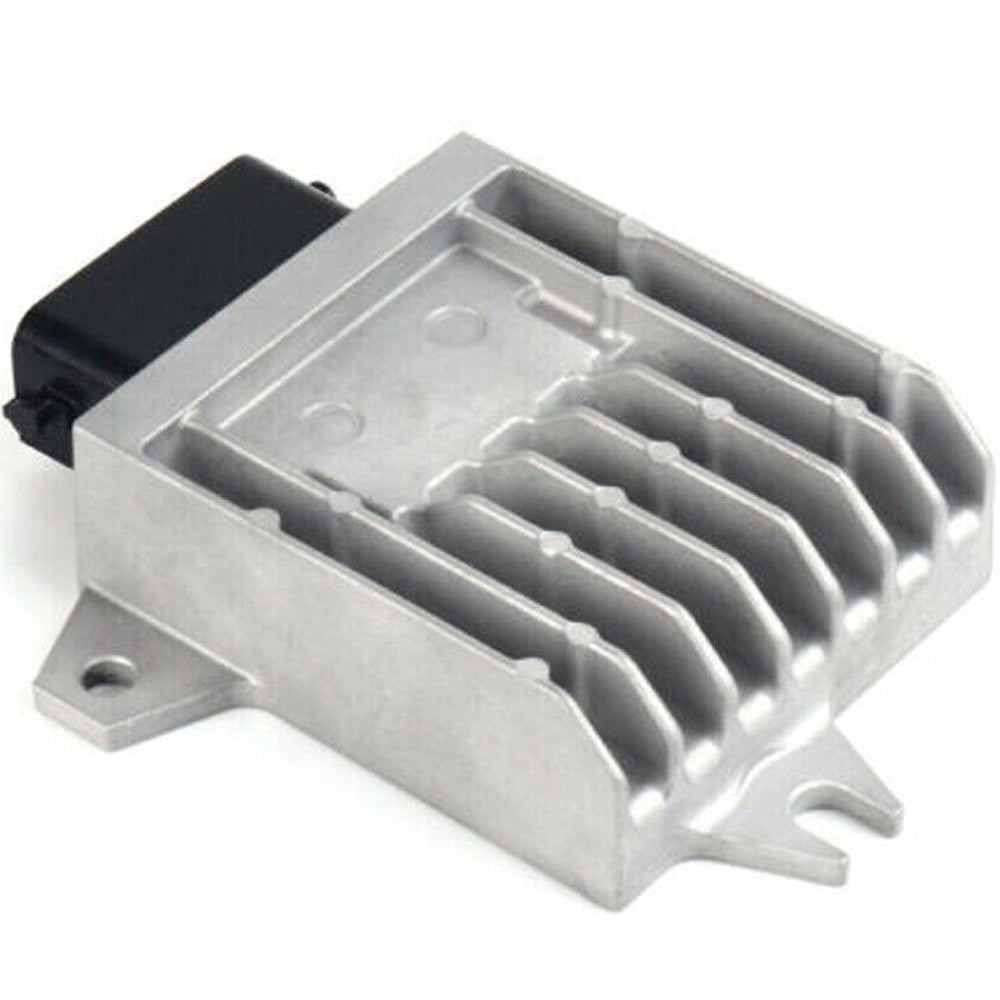Introduction to Transmission Control Modules
Understanding the Role of the Transmission Control Module
The Transmission Control Module (TCM) is a vital component in many modern vehicles, playing a crucial role in how a car operates. The TCM is responsible for managing and controlling the operation of the transmission. This includes determining when to shift gears, monitoring the engine’s performance, and coordinating various components to achieve smooth transitions during acceleration and deceleration. The TCM communicates with other electronic modules in the vehicle, ensuring that all systems work harmoniously. A well-functioning TCM is essential for optimal vehicle performance and fuel efficiency.
The Complexity of Modern Transmissions
Modern transmissions have become increasingly complex, with advanced technology integrated into their systems. This evolution has enhanced performance and efficiency, but it has also increased the reliance on electronic controls. As a result, malfunctioning components like the TCM can lead to significant issues in the vehicle’s operation. Understanding how the TCM functions and its importance in the transmission system is essential for diagnosing potential problems. Awareness of the signs that indicate the TCM may need replacement can help prevent further complications.
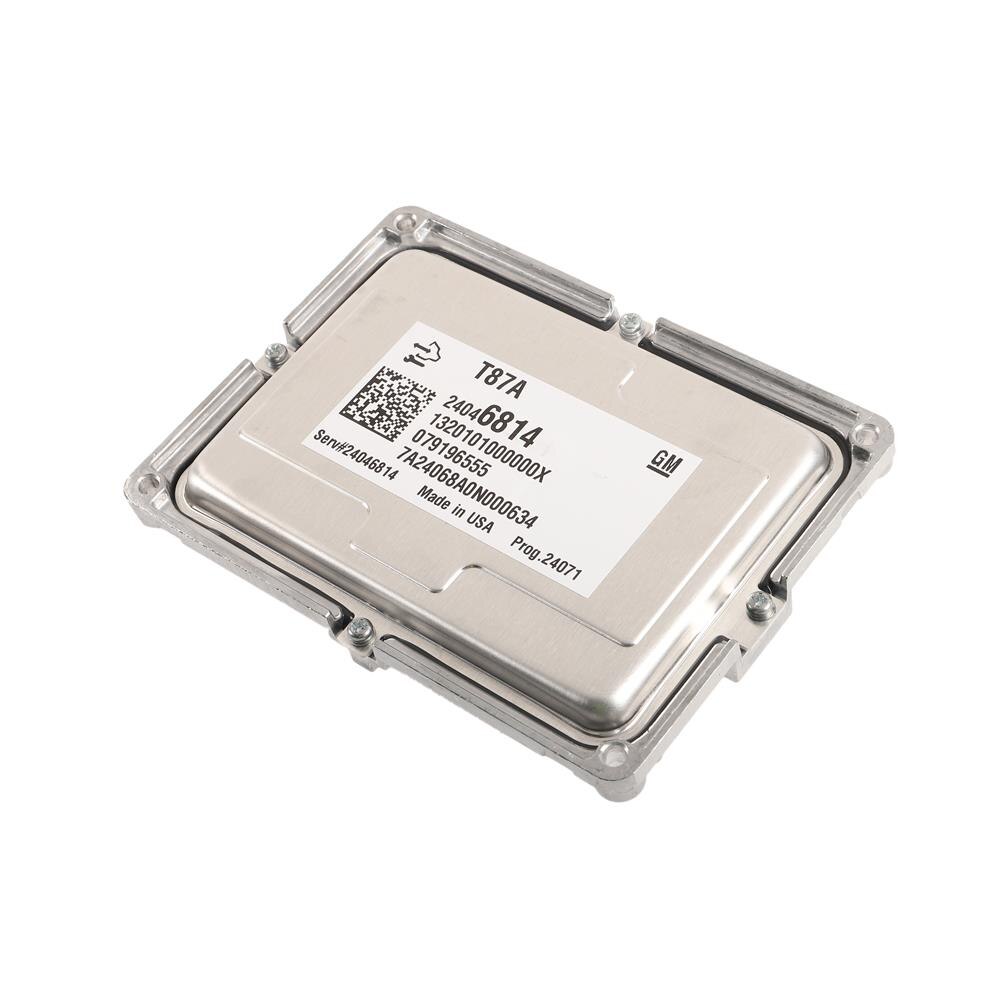
Common Causes of TCM Failure
Several factors can contribute to the failure of a Transmission Control Module. Electrical problems, such as short circuits or corroded connections, can disrupt communication within the TCM. Exposure to moisture or excessive heat can also damage the module, leading to malfunction. Furthermore, software glitches or outdated programming can cause erratic behavior in the transmission system. Regular maintenance and proactive monitoring of your vehicle can help identify these issues early, minimizing the risk of TCM failure. Understanding the causes of TCM malfunction is vital for effective vehicle care.
Signs Your TCM May Need Replacement
Warning Lights on the Dashboard
One of the most apparent signs that your Transmission Control Module may need attention is the illumination of warning lights on the dashboard. The “Check Engine” light is often the first indication of a problem with the vehicle’s electronic systems, including the transmission. If the TCM detects irregularities in its operation or communicates issues with the transmission, it is likely to trigger this warning light. It is crucial to pay attention to these indicators and have the vehicle diagnosed as soon as possible. Ignoring warning lights can lead to more extensive damage and costly repairs down the line.
Unusual Shifting Patterns
Another sign that the TCM may be malfunctioning is experiencing unusual shifting patterns while driving. This can manifest as hard shifts, where the vehicle abruptly changes gears, or delayed shifts, where there is a noticeable lag in the transition between gears. In some cases, the transmission may skip gears entirely or even get stuck in one gear. These erratic shifting patterns can indicate that the TCM is not effectively communicating with the transmission. Addressing these issues promptly can prevent more severe transmission problems, so noticing any irregularities should prompt a check-up.
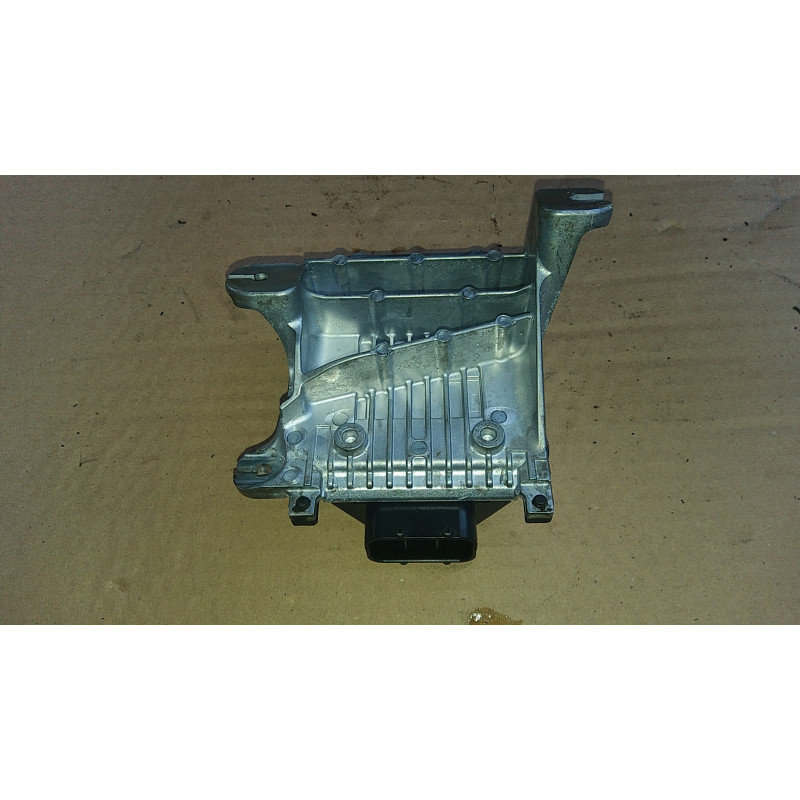
Declining Performance
A decline in vehicle performance can be another indicator that the TCM may need replacement. This decline can be observed through reduced acceleration, decreased fuel efficiency, or poor response during shifting. If you notice that your vehicle struggles to maintain speed or feels sluggish during acceleration, it may be a sign that the TCM is not functioning correctly. Performance issues can lead to more significant concerns if left unaddressed. Therefore, evaluating how your vehicle performs is crucial in identifying potential TCM problems.
Additional Symptoms to Monitor
Fluid Leaks
Fluid leaks from the transmission are a concerning sign that something may be amiss. While not exclusively linked to the TCM, leaks can indicate a variety of transmission issues that could eventually impact the performance of the TCM. Transmission fluid is vital for lubrication and heat dissipation within the system. If the transmission is low on fluid, it could lead to overheating or inadequate lubrication, which can damage the TCM. Monitoring for any signs of transmission fluid leaks, such as red or brown spots on the ground where you typically park your vehicle, is essential. Addressing leaks promptly can prevent further complications from developing.
Erratic Behavior and Engine Stalling
If your vehicle exhibits erratic behavior or the engine stalls unexpectedly, it could be related to a malfunctioning TCM. The TCM tightly regulates various engine and transmission functions, and any discrepancies can result in poor coordination. An engine that stalls during gear shifts or when trying to accelerate may indicate deeper issues within the transmission system, potentially linked to the TCM. These symptoms should be taken seriously, as they may affect your safety while driving, necessitating immediate attention.
Incompatibility with Diagnostic Tools
Another significant sign that your TCM may need replacement is the inability of diagnostic tools to communicate effectively with the module. When taking your vehicle to a mechanic, they will often perform a diagnostic check using specialized equipment. If the TCM is unresponsive during this test or fails to provide necessary error codes, it could indicate internal faults within the module. This lack of communication can lead to challenges in identifying other potential issues affecting the vehicle’s performance, further emphasizing the need to address the TCM promptly.
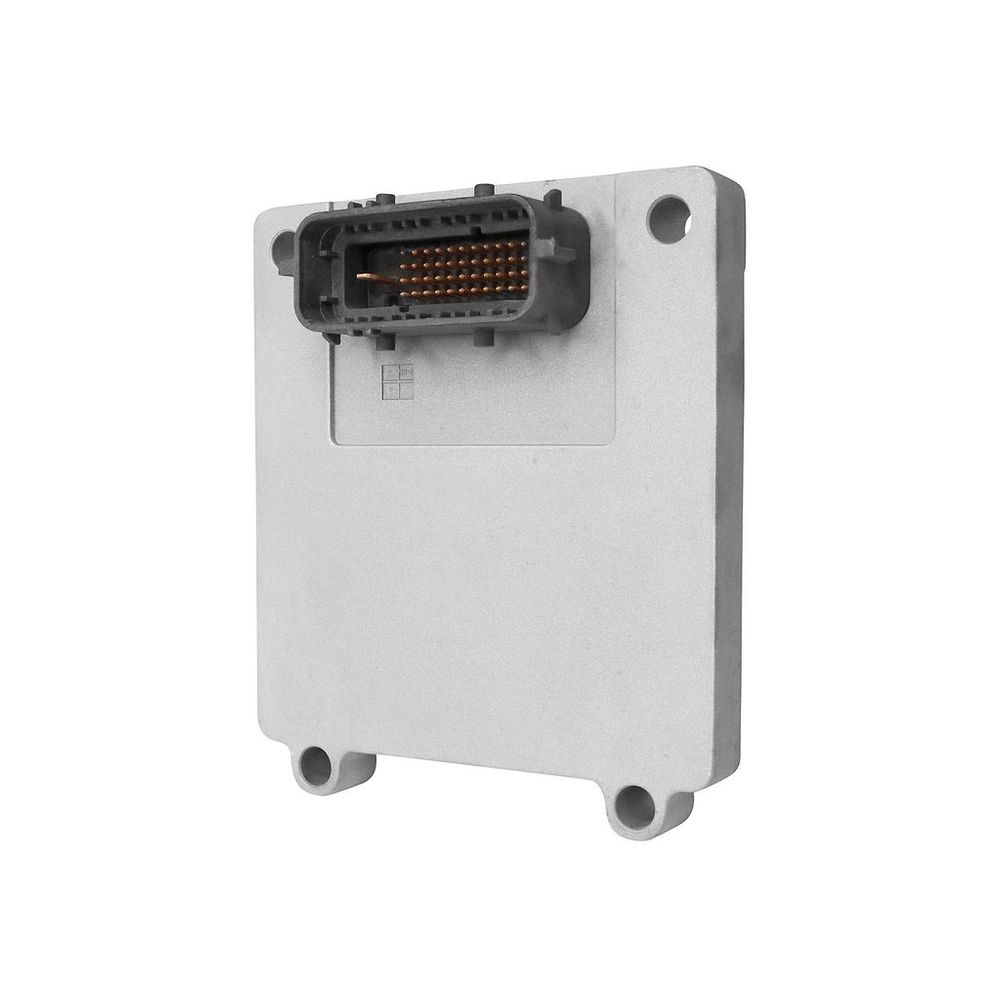
Diagnosing TCM Issues
Professional Inspection
If you suspect that your Transmission Control Module is malfunctioning, it is wise to consult a professional mechanic for a thorough inspection. A qualified technician can use advanced diagnostic tools and software to analyze the TCM’s performance and check for any error codes stored in the system. These codes may reveal specific issues affecting the module or related components. A comprehensive inspection can help pinpoint the root cause of the problem, ensuring that you receive appropriate solutions.
Testing Electrical Connections
The TCM relies on various electrical connections to function correctly. During a diagnosis, mechanics should test these connections to ensure they are clean and functioning as intended. Corroded or loose connections can lead to intermittent failures in the TCM’s performance. If any electrical issues are identified, they should be resolved before considering a complete TCM replacement. Ensuring that all connections are in good shape is critical for the overall performance of your vehicle.
Updating Software
In some cases, TCM issue can be corrected by updating the vehicle’s software. Manufacturers frequently release software updates to address known issues, improve performance, or refine transmission behavior. A reputable mechanic can check if your TCM’s software is up to date and install any necessary updates. This step can sometimes resolve transmission problems without the need for a full TCM replacement, helping you avoid unnecessary expenses while optimizing vehicle performance.
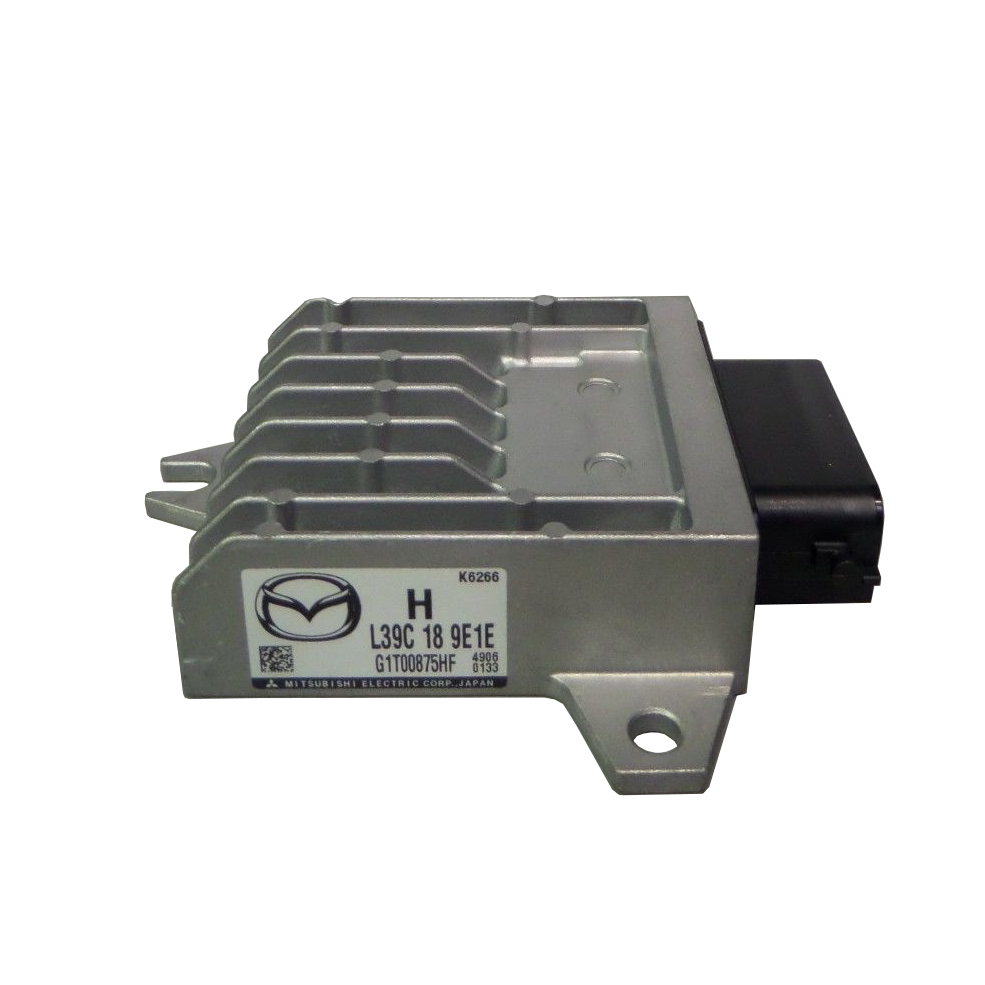
The Replacement Process
When to Replace the TCM
If all diagnostics indicate that the TCM is indeed faulty and cannot be repaired, it may need to be replaced. The decision to replace the TCM should not be taken lightly, as it can be a significant financial investment. However, continuing to drive with a malfunctioning TCM can lead to more extensive transmission issues that may be costlier to repair down the line. Signs such as erratic shifting, warning lights, and poor vehicle performance should prompt a timely replacement to ensure the optimal function of your vehicle.
Selecting a Replacement TCM
When selecting a replacement Transmission Control Module, it is essential to choose a reliable and compatible part for your specific vehicle make and model. Consider purchasing an OEM (Original Equipment Manufacturer) part to ensure that it meets the necessary quality and performance standards. Alternatively, high-quality aftermarket options may also be available, but be sure to research reviews and warranty options. The quality of the replacement part can significantly influence the longevity and performance of your vehicle’s transmission system.
Professional Installation and Calibration
Replacing the TCM is a task best left to professional mechanics, as it requires specialized knowledge and expertise. After installing the new module, the mechanic will calibrate the TCM with your vehicle’s existing systems. This calibration process is essential for ensuring that the new TCM communicates effectively with the engine and transmission. Ensuring proper installation and calibration minimizes the risk of future issues while optimizing the performance of your vehicle.
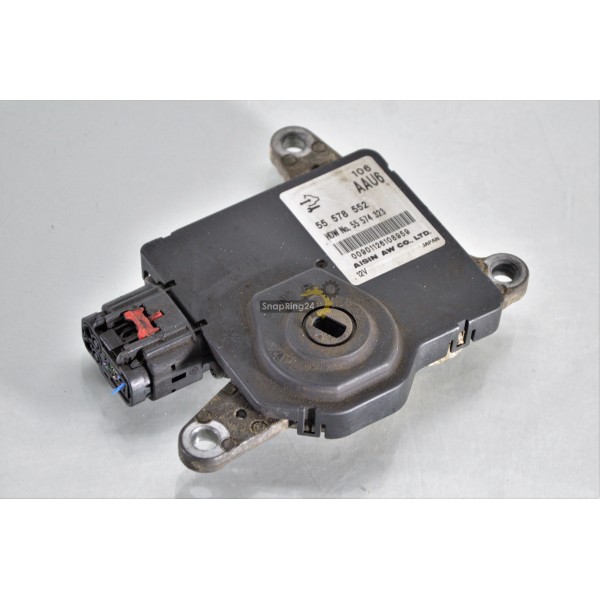
Preventative Measures for Future Care
Regular Maintenance Checks
Regular vehicle maintenance is crucial for prolonging the lifespan of all components, including the TCM. Schedule routine inspections to evaluate the performance of your vehicle’s transmission and the TCM. Mechanics can identify potential issues early before they become significant problems. Regular oil changes, fluid flushes, and system checks can enhance the effectiveness of the TCM, ensuring that it operates smoothly and efficiently. Creating a maintenance schedule ensures the ongoing performance of your vehicle.
Invest in Quality Parts
When performing repairs or replacements, investing in high-quality parts can prevent future issues. Opt for OEM or reputable aftermarket parts to guarantee reliable performance. Cheaper, lower-quality components may save money initially but could lead to more significant problems down the line, resulting in higher costs. Prioritizing quality in parts procurement protects your investment while contributing to the overall health of your vehicle’s operating systems.
Educate Yourself about Your Vehicle
Taking the time to learn about your vehicle’s transmission system and the TCM can empower you as an owner. Understanding how these components work allows you to recognize symptoms that might indicate problems. Maintaining awareness of your vehicle’s performance can lead to timely interventions and prevent major issues before they arise. This proactive approach fosters a closer relationship with your vehicle, enhancing your ability to care for it effectively.
Conclusion: Ensuring Optimal Performance with Your TCM
Take Action Upon Signs of Trouble
In conclusion, recognizing the signs that indicate your Transmission Control Module may need replacement is essential for maintaining your vehicle’s performance. Being vigilant about warning lights, shifting patterns, and the overall performance of your vehicle can lead to timely interventions and repairs. Don’t hesitate to seek professional guidance when issues arise; the sooner you address them, the better the chances of protecting your vehicle’s health.
Invest in Proper Maintenance
Prioritizing regular maintenance checks and being proactive about your vehicle’s care will help ensure the longevity of your TCM and an efficient transmission system. Regular inspections, fluid changes, and using high-quality replacement parts will protect your investment in your vehicle. Caring for your transmission system is vital for optimal functionality and safety on the road.
Enjoy a Smooth Ride
Ultimately, a well-functioning Transmission Control Module contributes to a more enjoyable driving experience. By maintaining good communication between the engine and the transmission, the TCM plays a vital role in ensuring smooth gear transitions and responsive handling. As you drive, that smooth ride allows you to focus on the road ahead, creating enjoyable memories on every journey. This synergy between driver and vehicle creates a satisfying experience that enhances the joy of driving. So, keep an eye on your TCM, and enjoy the open road with confidence!
